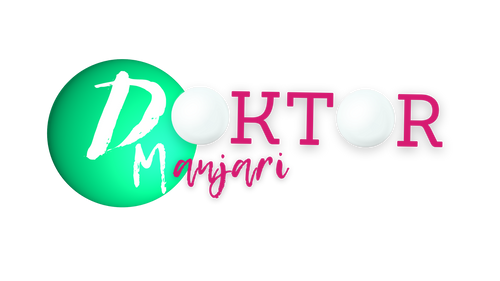Eye and Vision Health: Dos and Don’ts
Our eyes are one of the most important organs, yet they are often taken for granted. Good vision is crucial for daily functioning, productivity, and overall well-being. Here’s a guide to the most important dos and don’ts when it comes to maintaining healthy eyes and vision.
DOs for Eye and Vision Health
-
Follow the 20-20-20 Rule
If you spend long hours in front of a screen, practice the 20-20-20 rule: every 20 minutes, look at something 20 feet away for 20 seconds to reduce eye strain. -
Wear Sunglasses
Use UV-protective sunglasses when outdoors to shield your eyes from harmful ultraviolet rays, which can contribute to cataracts and macular degeneration. -
Maintain a Balanced Diet
Eat foods rich in vitamin A, C, E, and omega-3 fatty acids (like carrots, leafy greens, fish, nuts, and citrus fruits) to support overall eye health. -
Stay Hydrated
Drinking plenty of water helps prevent dry eyes and supports tear production. -
Schedule Regular Eye Exams
Get a comprehensive eye check-up at least once every 1–2 years, or more frequently if you have conditions like diabetes, wear glasses/contacts, or experience vision changes. -
Use Proper Lighting
Make sure your workspace and reading areas are well-lit to reduce eye strain. -
Practice Good Hygiene with Contact Lenses
Always wash hands before handling contact lenses, follow your optometrist’s instructions, and never sleep in them unless specifically advised. -
Take Breaks from Screens
Digital eye strain is real. Regular breaks help your eyes recover from screen fatigue.
DON’Ts for Eye and Vision Health
-
Don’t Rub Your Eyes
This can cause irritation, introduce germs, and even damage the cornea or worsen vision problems. -
Don’t Ignore Vision Changes
Blurry vision, floaters, flashes of light, or eye pain should never be ignored—these could signal serious problems. -
Don’t Smoke
Smoking increases the risk of age-related macular degeneration, cataracts, and optic nerve damage. -
Don’t Overwear Contact Lenses
Wearing them too long can deprive your eyes of oxygen and lead to infections or corneal damage. -
Don’t Use Expired Eye Drops or Makeup
Expired products can introduce harmful bacteria to your eyes, causing infections. -
Don’t Stare at Screens Without Blinking
Blinking moistens the eyes and reduces dryness and strain. Consciously blink more during screen time. -
Don’t Skip Safety Goggles
When working with hazardous materials or in environments with flying debris, always wear protective eyewear.
Top Nutrients for Eye Health
-
Vitamin A & Beta-Carotene
Supports the cornea and helps prevent night blindness.
Foods: Carrots, sweet potatoes, pumpkin, spinach, kale. -
Lutein & Zeaxanthin
Protect the eyes from harmful light and oxidative stress.
Foods: Kale, spinach, collard greens, corn, eggs (especially the yolk). -
Vitamin C
Antioxidant that may lower the risk of cataracts and AMD.
Foods: Oranges, strawberries, kiwi, bell peppers, broccoli. -
Vitamin E
Another antioxidant that protects eye cells from free radical damage.
Foods: Almonds, sunflower seeds, hazelnuts, avocados. -
Zinc
Helps Vitamin A create melanin, which protects the eye.
Foods: Oysters, beef, pumpkin seeds, chickpeas, cashews. -
Omega-3 Fatty Acids
Supports retinal function and reduces dry eyes.
Foods: Salmon, mackerel, sardines, flaxseeds, walnuts, chia seeds. -
Anthocyanins (for retinal health)
Found in dark berries and may improve night vision.
Foods: Blueberries, blackberries, cherries, grapes.
Conclusion
Your eyes are your window to the world—taking simple steps to care for them can prevent future problems and preserve your vision for years to come. Regular eye checkups, a healthy lifestyle, and protective habits go a long way in ensuring your vision stays clear and strong.

